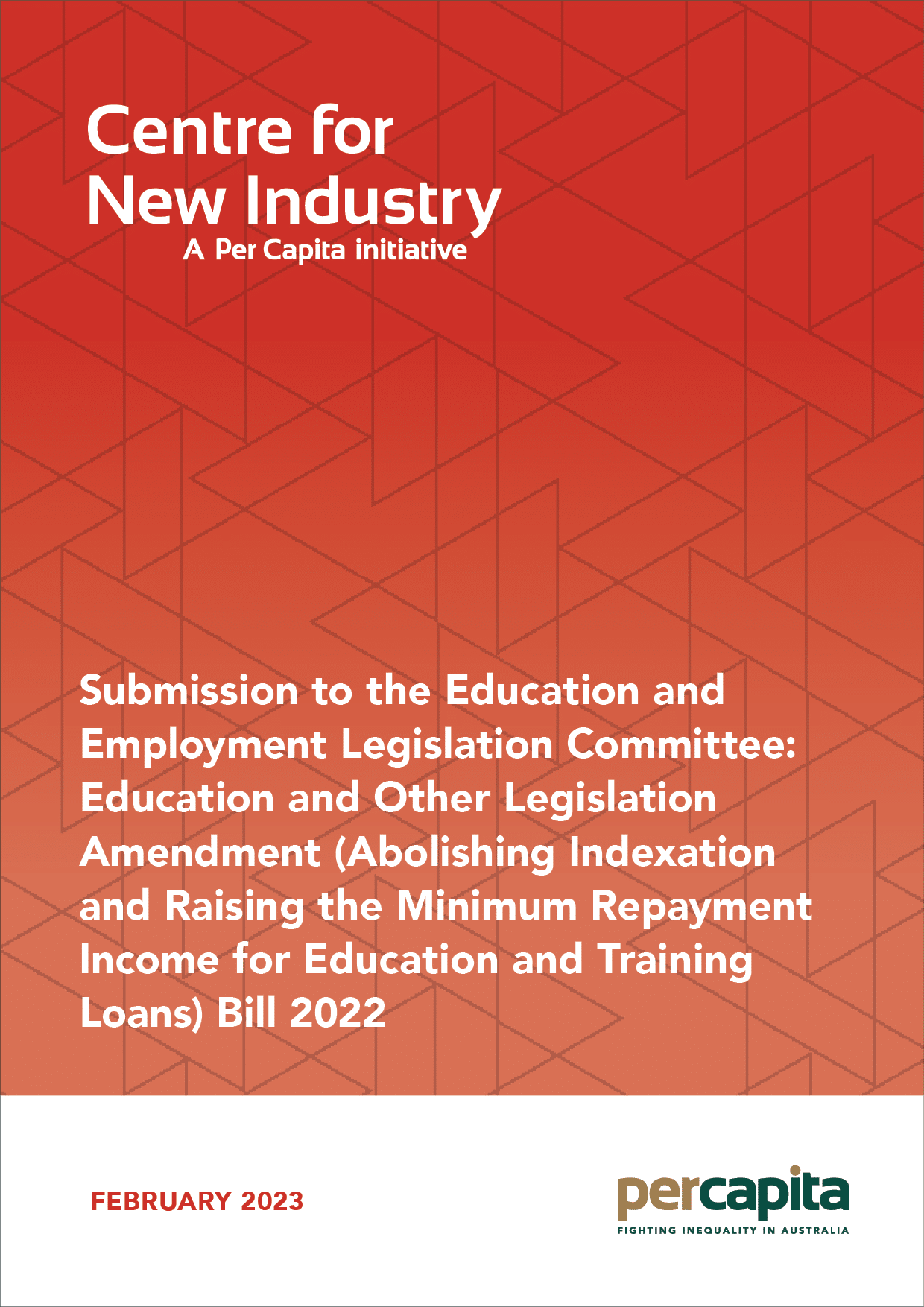As Australia emerges from the long tail of the COVID-19 pandemic and its associated economic crisis, the hidden fault lines in our economy have been exposed. However, long after the lockdowns ended and the economy has ‘snapped back’ to life, the enduring scarring effects of the labour market contraction are still being intensely felt, especially by young workers and other recent entrants to the labour market. In particular, the complications of a labour market with generations of slack in the system have been exacerbated by a crisis that pushed our economy to breaking point.
Central to these complications is the way that Australia’s higher education is funded, and unfortunately the current scheme is no longer fit for purpose. At the time of writing, despite Australia’s young people being the most highly educated generation in the history of the nation, numerous factors have created a scenario where this educated generation is experiencing reduced employment outcomes.
Firstly, the proportion of the cost of their education that students are expected to cover, and the indexation they are required to pay, has increased substantially since the introduction of the current funding model. Secondly, the threshold amount of earnings at which they are expected to repay has been reduced to just $6,000 above the annualised minimum wage. Thirdly, and most crucially, young workers employment outcomes have become disconnected from educational experience.
This experience is crucial, as the core rationale behind Australia’s income contingent loan (ICL) scheme, known as the Higher Education Contribution Scheme-Higher Education Loan Program (HECS-HELP), remains: as students increase their education level they receive an associated increase in income, and as such should contribute to the societal cost incurred in providing this benefit.
In this submission, we argue that the rationale on which HECS-HELP is founded is no longer applicable as a universal rule, and show how the correlation between education levels and employment outcomes is no longer a universal benefit. CNI supports the passage of this Bill and commends the committee on its work to explore the evidentiary basis necessary for its passing.
In this submission, we argue in favour of the Bill, agreeing with its stated aims of improving the fairness of the funding schemes for post-secondary education and the two proposed solutions, namely to increase the repayment threshold to the median wage and abolish indexation of the loans.

